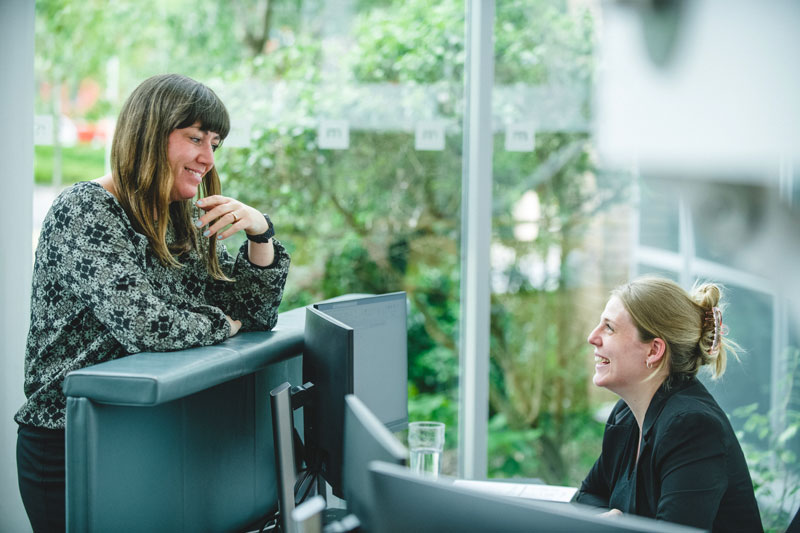

Navigating resolution at the end of a relationship can be extremely challenging and stressful, but with the right support, it does not have to be. At Michelmores, we offer specialist, independent mediation service.

Pippa Allsop
Partner
Pippa Allsop is tenacious and firm, and is the Partner clients want on their side when litigation is the only option. Pippa robustly defends client's interests and advocates for their best case
Legal 500 2026
Pippa Allsop is a total star and an excellent solicitor. She runs her case effectively and with great charm. Her clients love her.
Legal 500 2025
Pippa is very detailed in her knowledge and she has exceptional client care skills.
Chambers UK 2025
At Michelmores, our extensive specialist expertise in dealing with high value, financially and emotionally complex Family matters means we are uniquely placed to assist separating couples who want to avoid the conflict and expense of litigation.
We are acutely aware of the emotional and financial toll that conflict after separation can have on everyone involved. We are committed to supporting individuals who want to focus on conflict resolution through the process of mediation, which can offer a clear route to the resolution of issues arising from their separation.
The benefits are clear, not only does the process reduce conflict and costs, but it offers individuals an autonomy in their decision making through what can otherwise be a challenging experience.
Since April 2024, the Family Courts have taken a much stricter approach towards the requirement that separating couples engage with mediation before commencing court proceedings, and there may be financial consequences by way of penalties for those who fail to comply.
We understand that a one size fits all approach to mediation does not benefit those who have more complicated family circumstances - financial or otherwise. At Michelmores, we offer a bespoke approach which is tailored to your individual needs from the outset through to the conclusion of your mediation journey.
Our objective is to work with you, providing the tools you need to reach a future proof solution for yourselves, whilst maintaining a focus on upholding dignity and respect for everyone involved.
Pippa Allsop is clever and hard working. She brings a real air of realism to a case.
Legal 500 2024

“Michelmores are capable of dealing with a range of complex matters that may arise within the context of divorce proceedings.”
Chambers UK 2025
“Michelmores have a strong reputation for being robust and they fight their clients’ corner very strongly.”
Chambers UK 2025
The family team at Michelmores has gone from strength to strength since being headed up by Daniel Eames. The team has expanded including by establishing a thriving office in Bristol. The family team at Michelmores have high quality work as a result of the excellent service the team provides. The team provides a high level of representation across the range of levels of seniority. Clients are represented by strong, determined solicitors who fight hard to secure the best outcome.”
Legal 500 2025